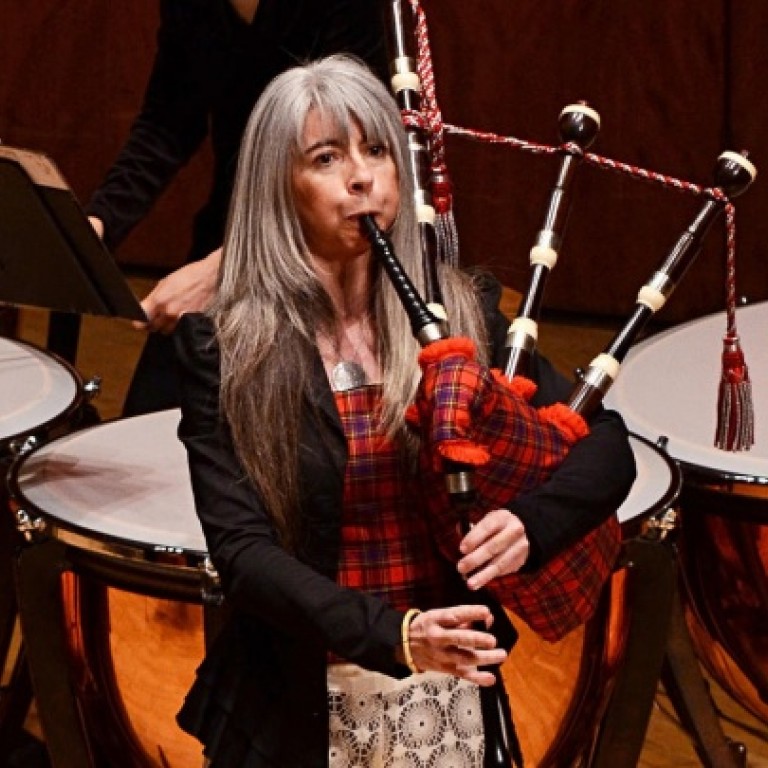
Review: Dame Evelyn Glennie's impressively offbeat evening
The City Chamber Orchestra's four-item programme - by turns pastiche, inventive, cerebral and jocular - featured the celebrated percussionist Evelyn Glennie in the first two works, concertos written for her which she premiered in 2004.
The City Chamber Orchestra's four-item programme - by turns pastiche, inventive, cerebral and jocular - featured the celebrated percussionist Evelyn Glennie in the first two works, concertos written for her which she premiered in 2004.
is an old Portuguese tune that has inspired many composers to write variations, including Mozart's rival Antonio Salieri and, more famously, the 17th century violinist Arcangelo Corelli.
Karl Jenkins' , written in 2004, takes off from where Corelli ended in a purportedly "offbeat arrangement", though there's no attempt to gently grind the baroque-style string accompaniment against the contemporary solo sound. It meanders amiably for about 10 minutes before wandering off.
Ned Rorem's is a seven-movement, 30-minute piece that holds the attention. Its inherent variety is underpinned by Rorem's alternating the solo instrument in successive movements from marimba, xylophone and glockenspiel, plus an unconventionally played vibraphone.
Forming the sizzling central movement, pits angular rhythms and melodies against calmer moments for the string players, who radiated a rare warmth in tone; the brass made attractive contributions in . Discordant harmonies and metrical uncertainty in and the glockenspiel's neurotic dazzle of melt into an attractive simplicity for .
Glennie's Celtic roots were possibly a tenuous link to the post-interval works: Michael Tippett's and Peter Maxwell Davies' .
Tippett's five-movement suite develops the Renaissance jig of the title while grafting on quotations from pieces by other British composers, from Orlando Gibbons to Arthur Sullivan. It sounds more approachable on paper than in practice and contains exposed passages that are unforgiving for any player not on full alert. Conductor Jean Thorel secured a generally tight performance marred by some unfocused statements from the brass.
Davies' boozy account of Scottish isle nuptials has its moments, but can sound more fun to play than to listen to. In the work's coup de théâtre, Glennie re-emerged from the wings, clutching tartan Great Highland Bagpipes (left) for a resounding cap on the evening.
